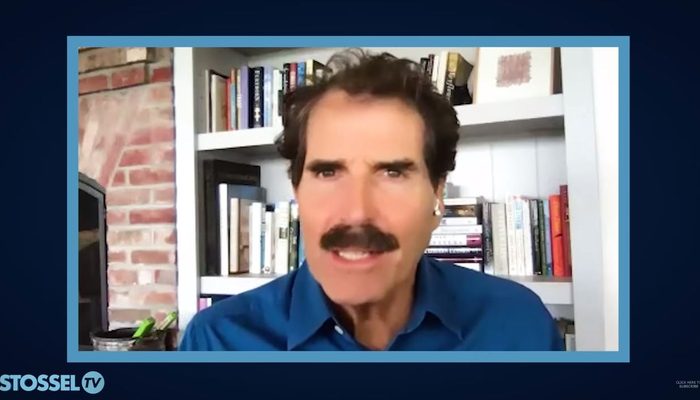Folks, are you familiar with the buzz about the so-called “bee-pocalypse?” I’m here to enlighten you all. It’s about honeybees dying and creating a food crisis emergency! Sounds like a terrible catastrophe, right? Well, it’s utter nonsense.
Here’s the deal. Yes, about two decades past, American bees started to disappear due to a mystery syndrome, labeled “colony collapse disorder”. The magnitude of it has significantly declined since then, but the media panic? That’s still been buzzing.
You’ve got to know that our hardy beekeepers bounced back, they divided surviving colonies, creating new hives and rejuvenating the bee population by millions. Jon Entine, a renowned Science journalist, confirmed that today’s bee numbers are at an all-time high and that there’s no impending apocalypse threatening them. So why the media drama still?
Entine agrees it’s absurd. He’s worked hard challenging scientific misinformation through his Genetic Literacy Project. He acknowledges our frustration and confusion as the media continue to spout headlines of bees dying alarmingly, endangering our food supplies.
Remember the Time Magazine cover of 2013 predicting a future sans bees? Entine does. He’s puzzled at the lack of retraction or clarification from them and others who misled the public. “The media has moved on to the next ‘crisis'”, states Entine. Their pattern of creating catastrophe, and chasing clicks, is clear to anyone paying attention. Serious scientists are often ignored, replaced by the sensational claims of certain environment groups eyeing funds.
Now, these groups have influenced politicians to prohibit new, safer chemicals, forcing farmers to use older, more harmful insecticides. Case in point, the EU banned neonicitinoids, a common insecticide feared to be harmful to bees, whilst global bee populations thrived. Consequently, older chemicals, widely acknowledged to be harmful to bees, were used instead.
Entine pushes back against the ‘organic’ counter-argument: buying organic to avoid chemicals is misleading. He clarifies that even organic farmers use extensively potent ‘natural’ chemicals like copper sulfate. Sri Lanka learned the hard way, banning chemical fertilizers to disastrous results: soaring food prices and protesting citizens. It was only when said fertilizers were reinstated that the situation calmed down.
Entine argues that this vilification of industrial chemicals is an ideological move against capitalism and large corporations. Anti-capitalists also target genetically modified organisms (GMOs), despite the fact they enable us to grow more food on less land, use fewer pesticides, and provide benefits to all – particularly the poor.
Take the experience of Bangladesh, where scientists developed a GMO eggplant which cut chemical use by 85% and unmistakably improved lives. This bears proof that we need to move along with technology, not adhere to obsolete environmental scripts. Misguided environmental campaigns refuse to acknowledge how modern chemicals and GMOs have rendered our food cheaper and safer.
In summary, let’s see through the smoke and mirrors of the predatory environmental groups and baseless media hysteria. It’s time to trust the facts and embrace the scientific advancements that serve us all for the better. We shouldn’t let the deceptive narrative obscure the real progress we’ve accomplished.



